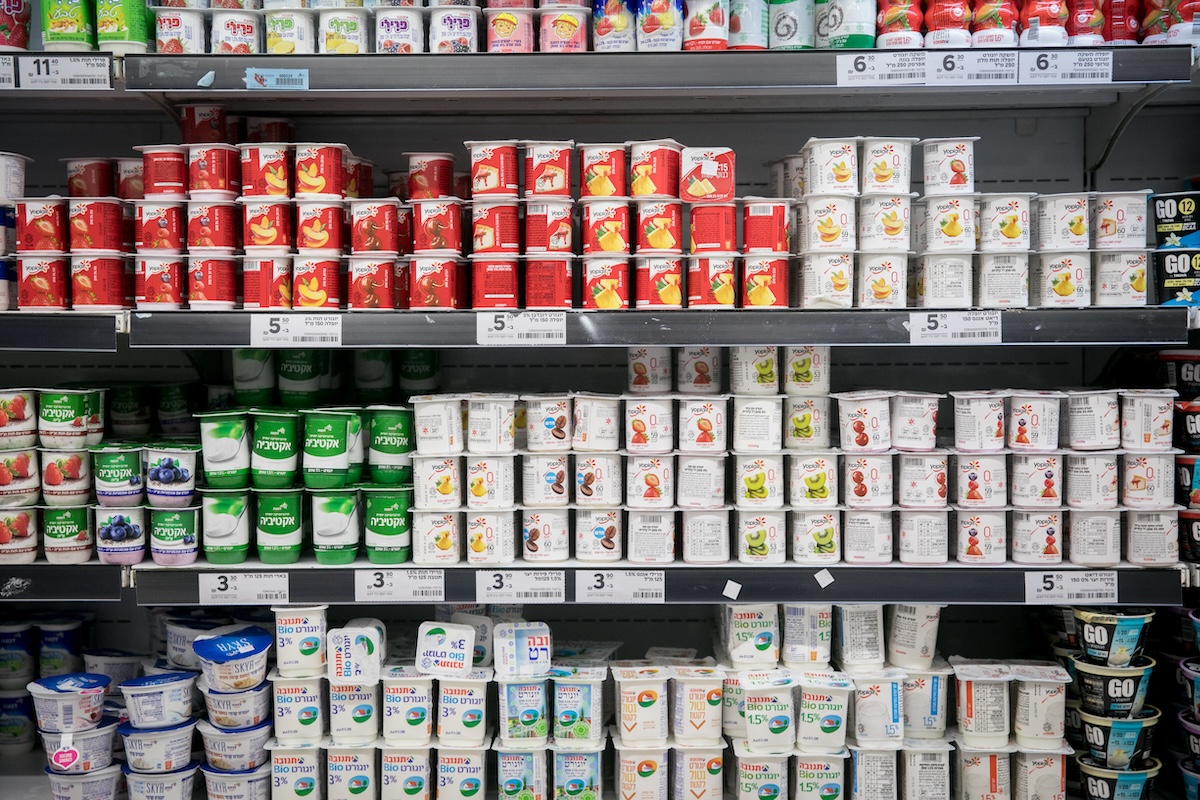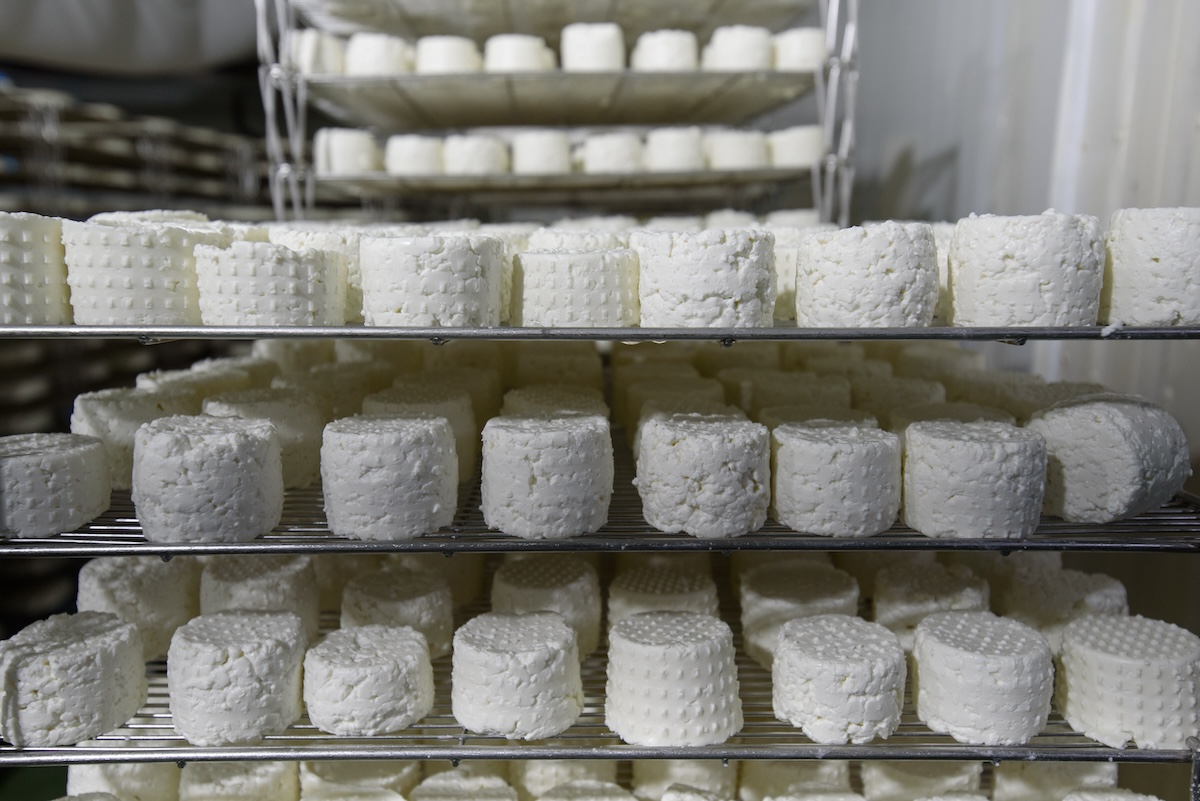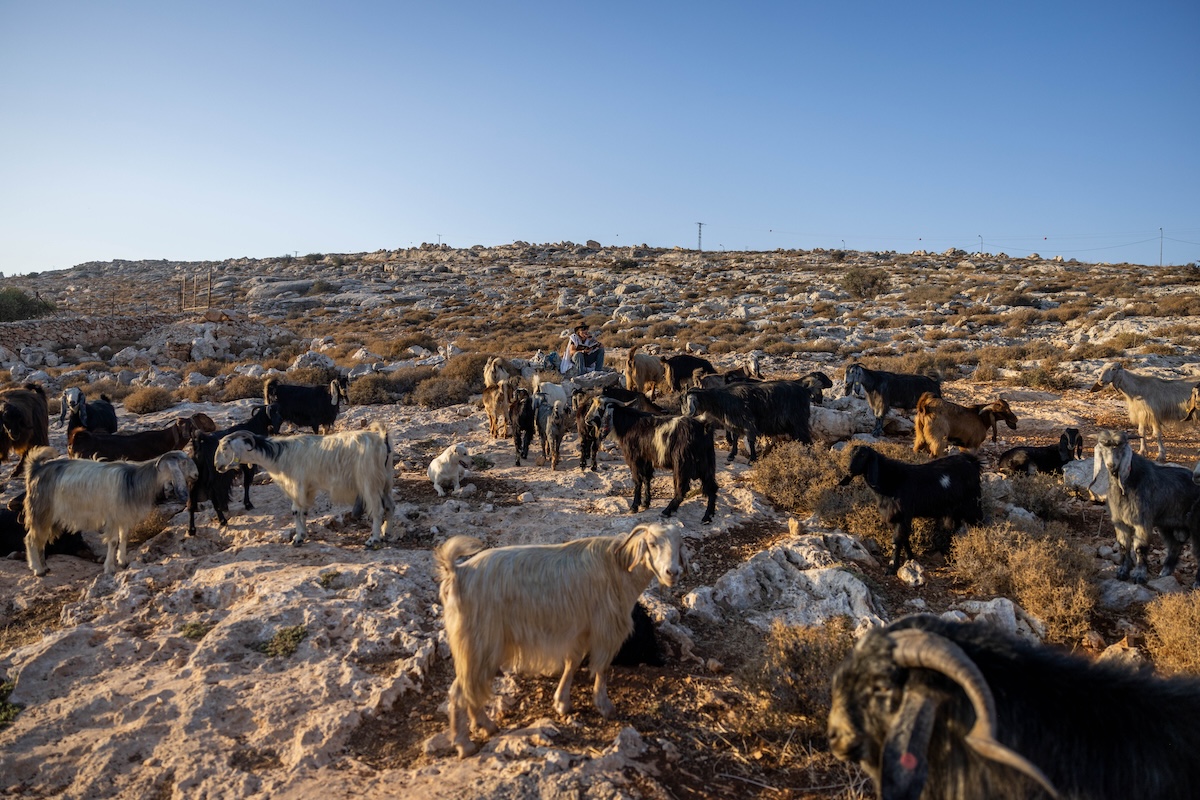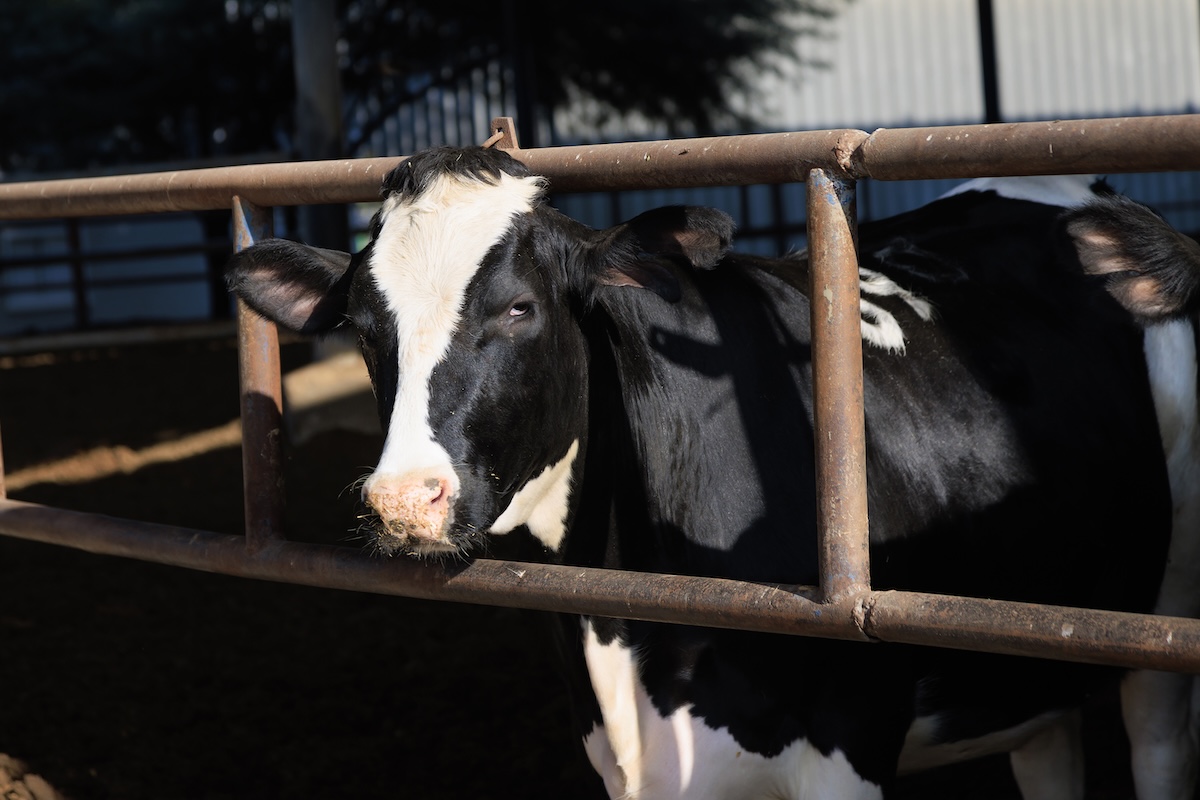The Israeli milky-way: God’s provision endures
Israel's dairy industry is considered a world leader in efficiency, production and sustainability

With only a few weeks to go before the Jewish Feast of Shavuot, known as Israel's "gastronomic" holiday, Israelis are seeing a proliferation of advertisements featuring dairy-based recipes, while grocery stores have increased their stock of dairy products.
In biblical times, the most widespread tradition at Shavuot (שבועות or “weeks” in Hebrew) was to bring the first fruits of the harvest to the Temple in Jerusalem, however, one of the most widespread traditions is the consumption of milk and dairy products.

Israel expects a more than 50% increase in dairy product consumption for the upcoming month. But why?
One reason is because Shavuot usually takes place in late spring or early summer. In pre-industrial times, cows calved and farmers had a ready supply of milk. Spring was also the traditional time of year for cheesemaking, so farmers preserved an abundance of milk for the rest of the year.
Another reason for the increase in dairy products has to do with ancient Jews receiving the laws of Kashrut for the first time. At that time, Jewish people discovered their methods to prepare meat were not considered kosher, rendering all of their dishes non-kosher as well. Consequently, they had no option but to rely on simple dairy products until they could resume proper meat preparation.
Mount Sinai, where God gave the Torah to Moses, is also known as Mount Gavnunim. The word 'gavnunim' resembles the Hebrew word gveenah, meaning cheese, which is yet another correlation between Shavuot and dairy products. In addition, some rabbinical commentary compares the Torah, or the Law, to milk and honey. (Song of Songs 4:11)
The consumption of dairy products undoubtedly recalls God’s promise to the Israelites to bring them to the "land of milk and honey." (Deut 27.3, Ex 3.8, Lev. 20-24)

"Go up to the land flowing with milk and honey." (Exodus 33:3)
While "milk & honey" is a promising duo, one wins out over the other.
God's description, in His infinite faithfulness to bring the Israelites to "a land flowing with milk and honey" points to undeniable resources: Cattle will feed on vegetation to produce milk, while bees will gather flowers to produce honey.
Both milk and honey are easily accessible today but play distinctive roles in the diet of the ancient Israelites.
Bee honey was highly desired but not regularly consumed. Milk, on the other hand, was a central part of their daily diet. In ancient Israel, milk came mainly from flocks of sheep and goats rather than from cattle, which were mainly used for plowing.

The abundance of sheep and goat bones discovered during archaeological excavations suggests that the majority of ancient Israelites relied on these animals for milk, wool, and dung, the latter of which was used as fuel for fires and ovens.
According to biblical accounts, milk and dairy products such as cheese and butter (Gen 18:18; Deut 32:14; 1 Sam 17:18; 2 Sam 17:29; Job 10:10, Job 20:17) are associated with hospitality (Genesis 18:8; Judges 4:19, Judges 5:25; 2 Sam 17:29; 1 Sam 17:17-18).
When it comes to the nutritional and financial benefits, we say, "MILK IT FOR ALL IT’S WORTH!"
Dairy products contain a multitude of nutrients, including essential calcium, protein, vitamins (A, B and D), minerals and probiotics.
The benefits of dairy consumption impact bones, muscles, the brain, and the digestive and immune systems. Dairy products are also an important source of iodine, a nutrient in which many Israelis are deficient.
Although cow's milk production is considerable, it is interesting to note that the breeding of sheep and goats for milk and meat is one of Israel's oldest agricultural branches.
Today, there are 56 sheep farms and 81 goat farms producing milk under various production systems. These range from traditional semi-nomadic grazing flocks to intensive, grazing-free milk and meat production units located in moshavim (villages) and kibbutzim (Jewish communities) in various parts of the nation.
The two main dairy production systems in Israel are the moshav (private dairy units) and the kibbutz system (large collective dairy farms).
The evolution of the Israeli sheep sector, much like the cattle sector, demonstrates the extent to which modern technology has been integrated into a traditional farming system through research and development.
Surprisingly, despite unfavorable conditions (such as heat, humidity and limited resources), the average milk production per cow in Israel’s dairy industry has risen considerably since the 1950s, from 4,000 kg (more than 8,800 lbs) per year to over 12,000 kg (nearly 26,500 lbs) in 2023.
Today, milk production in Israel totals around 1.6 billion liters (almost 423 million gallons) each year and is supervised by the Israel Dairy Board, which is collectively owned by the Israeli government, major dairy companies and farmers.

Israel's dairy industry is considered one of the most advanced, having become a world leader in efficiency, production, and sustainability. This success is largely due to the adoption of cutting-edge technologies, including computerized milking and feeding systems, cow cooling systems, and advanced milk processing equipment.
Dairy expert and consultant, Dr. Israel Flamenbaum, the owner and CEO of Israel's Cow Cooling Solutions Ltd, aptly declared: “The Israeli dairy industry is small but sophisticated and very efficient environmentally and economically. The experience gained in Israel is learned these days by dairy farmers from countries with the same climatic limitations.”
It is wonderful to realize how much the Eternal One, the God of Abraham, Isaac and Jacob, fulfills His promises and multiplies His provision for the benefit of Israel, from generation to generation.
"On that day I swore to them that I would bring them out of the land of Egypt into the land I had sought for them, a land flowing with milk and honey, the most glorious of all lands." (Ezekiel 20:6)

The All Israel News Staff is a team of journalists in Israel.













